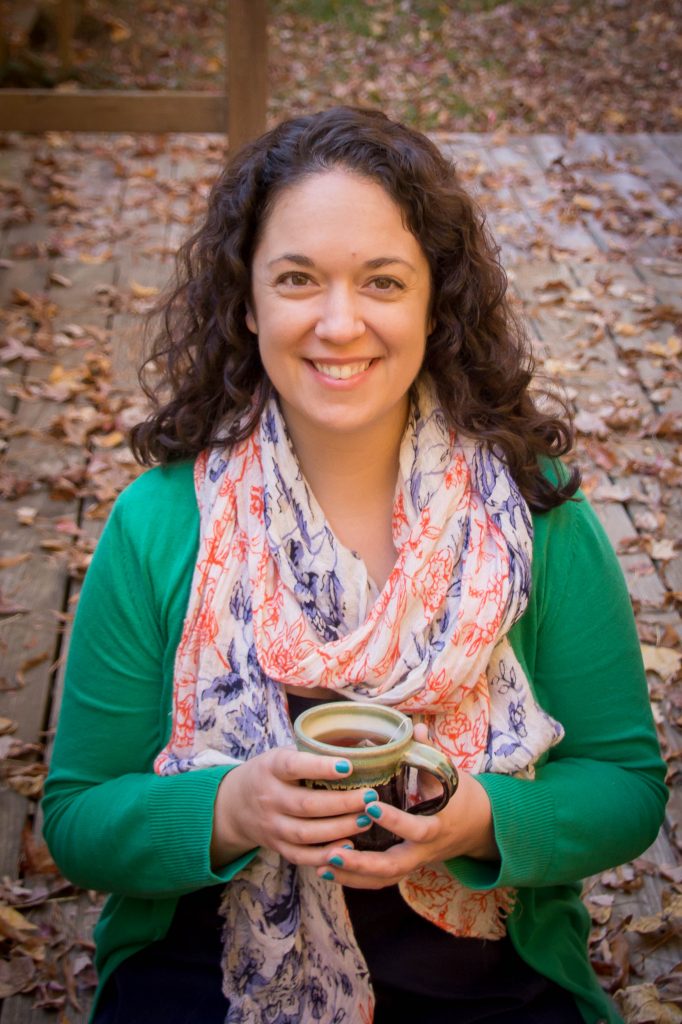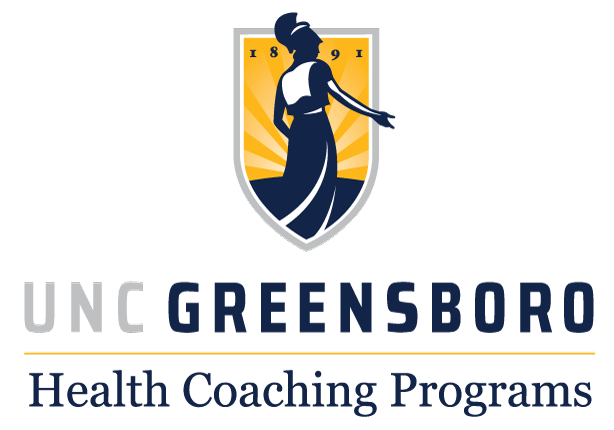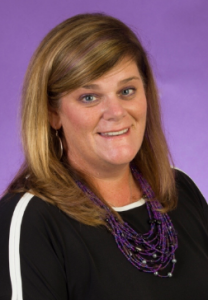Emily Burrows – Self Care Coaching
Emily is a self care coach and yoga instructor based out  of Chapel Hill, North Carolina. After a period of working in public health, she found herself at a crossroads, unsure of what she wanted to do next – counseling and workplace wellness were both appealing, but not perfect for her. She found coaching as an “in-between space: helping people work on health, but also having meaningful one on one conversations with people so that they could feel empowered.” She became one of the earliest participants in UNCG’s Health Coach training and began to work as a health coach before transitioning to being self-employed.
of Chapel Hill, North Carolina. After a period of working in public health, she found herself at a crossroads, unsure of what she wanted to do next – counseling and workplace wellness were both appealing, but not perfect for her. She found coaching as an “in-between space: helping people work on health, but also having meaningful one on one conversations with people so that they could feel empowered.” She became one of the earliest participants in UNCG’s Health Coach training and began to work as a health coach before transitioning to being self-employed.
When she began her own practice, Starting Now, Emily saw a need for a focus specifically on self care. She had worked with clients who were burnt out and struggling with keeping up with all the things they “should” be doing, while having difficult relationships with how their bodies looked. Emily sees her practice as “weight-inclusive,” which means that she wants her clients to find peace, positive well-being and self-satisfaction regardless of their size. By combining health coaching practices with her knowledge about public health and yoga, Emily guides her clients to help them prioritize themselves, and gives them tools to get there.
Emily recognizes the difficulties her clients face in a world that often seems to work in opposition to the goals they have. While she can work with them to change their mindsets, they may still be facing criticism from their families, and coworkers. In moving past these challenges, she wants her clients to be able to say “this is about treating myself with more compassion and being able to set boundaries better, and also being able to relate to my body in a way that I can actually take care of it without micromanaging the size of it.”
“Health coaching just came together for me” Emily says, when reflecting on how she got to where she is. Even though her clients will always face internal and external challenges, she continues to feel inspired to help people. She is excited to continue learning new ways to facilitate radical positive shifts in the lives of her clients and guides them towards compassion for themselves.



 of Chapel Hill, North Carolina. After a period of working in public health, she found herself at a crossroads, unsure of what she wanted to do next – counseling and workplace wellness were both appealing, but not perfect for her. She found coaching as an “in-between space: helping people work on health, but also having meaningful one on one conversations with people so that they could feel empowered.” She became one of the earliest participants in UNCG’s Health Coach training and began to work as a health coach before transitioning to being self-employed.
of Chapel Hill, North Carolina. After a period of working in public health, she found herself at a crossroads, unsure of what she wanted to do next – counseling and workplace wellness were both appealing, but not perfect for her. She found coaching as an “in-between space: helping people work on health, but also having meaningful one on one conversations with people so that they could feel empowered.” She became one of the earliest participants in UNCG’s Health Coach training and began to work as a health coach before transitioning to being self-employed. 